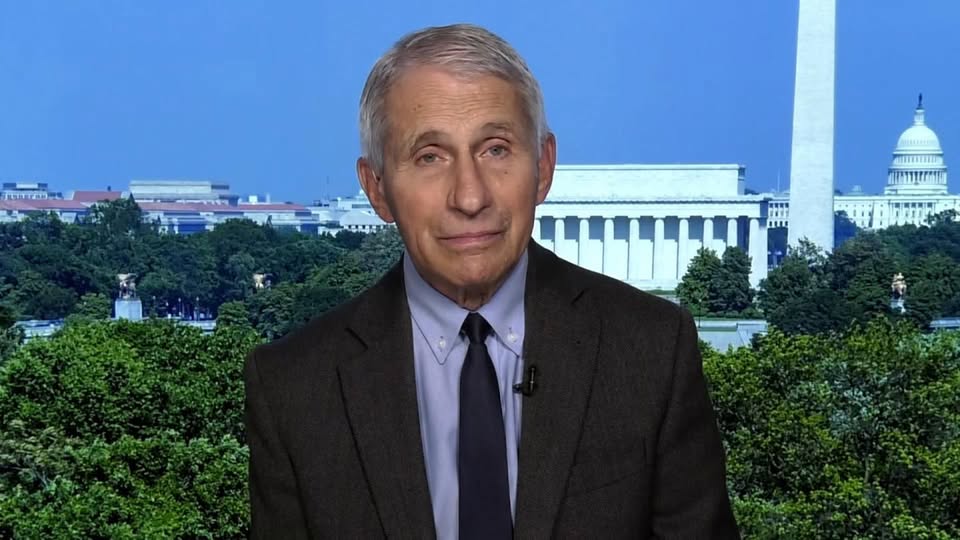Earlier today in Brooklyn, a significant announcement regarding Dr. Anthony Fauci was officially confirmed. While the confirmation itself may appear at first glance to be a simple ceremonial recognition, its symbolism has sparked discussion across the United States and abroad. The event serves as a reminder of Dr. Fauci’s enduring influence on medicine, science communication, and public discourse. For supporters, the recognition represents gratitude for decades of leadership. For critics, it has reopened debates about decision-making, transparency, and the relationship between science and policy.
This feature article explores Dr. Fauci’s career, the context of this new recognition, the different perspectives it has generated, and what his lasting presence means for public health and society in the years to come.
A Lifelong Journey from Brooklyn to Global Recognition
Anthony Stephen Fauci was born on December 24, 1940, in Brooklyn, New York. Raised in a modest working-class family, his early years were grounded in the values of perseverance, education, and service. His father ran a neighborhood pharmacy, which exposed young Anthony to the practical side of healthcare and community service long before he stepped into the halls of academia.
Fauci attended Regis High School in Manhattan before enrolling at the College of the Holy Cross, where he studied classics but also developed a deep interest in the sciences. He went on to Cornell University Medical College (now Weill Cornell Medicine), where he graduated first in his class in 1966.
From the very beginning, Fauci’s medical career was shaped by determination and a desire to serve. After completing his residency, he joined the National Institutes of Health (NIH) in the late 1960s. This decision would anchor him in the world of public health for more than 50 years, a career few in the medical field have matched in both longevity and visibility.
Leadership at the National Institute of Allergy and Infectious Diseases
Fauci quickly distinguished himself at the NIH, and by 1984, he was appointed Director of the National Institute of Allergy and Infectious Diseases (NIAID). He held this position for nearly four decades, guiding the institute through multiple global health challenges.
Some of the most significant milestones in his career include:
- HIV/AIDS Epidemic (1980s–1990s): Fauci’s role in shaping HIV/AIDS research was pivotal. He initially faced criticism from advocacy groups who believed the government response was too slow, but over time, he worked closely with activists and researchers to develop effective treatments. His leadership contributed to the transformation of HIV/AIDS from a near-certain death sentence into a chronic but manageable illness.
- SARS, H1N1, Ebola, and Zika: Throughout the 2000s and 2010s, Fauci consistently served as a guiding voice in the U.S. response to emerging infectious diseases. His approach emphasized preparedness, scientific research, and international cooperation.
- COVID-19 Pandemic: Perhaps the most defining chapter of Fauci’s career came during the coronavirus pandemic of 2020–2022. As Chief Medical Advisor to the President, he became one of the most recognized faces in the world, offering guidance during daily press briefings, public health campaigns, and media appearances.
These moments illustrate why today’s recognition in Brooklyn holds symbolic weight: it celebrates not only a career but also a legacy of navigating crises that shaped entire generations.
